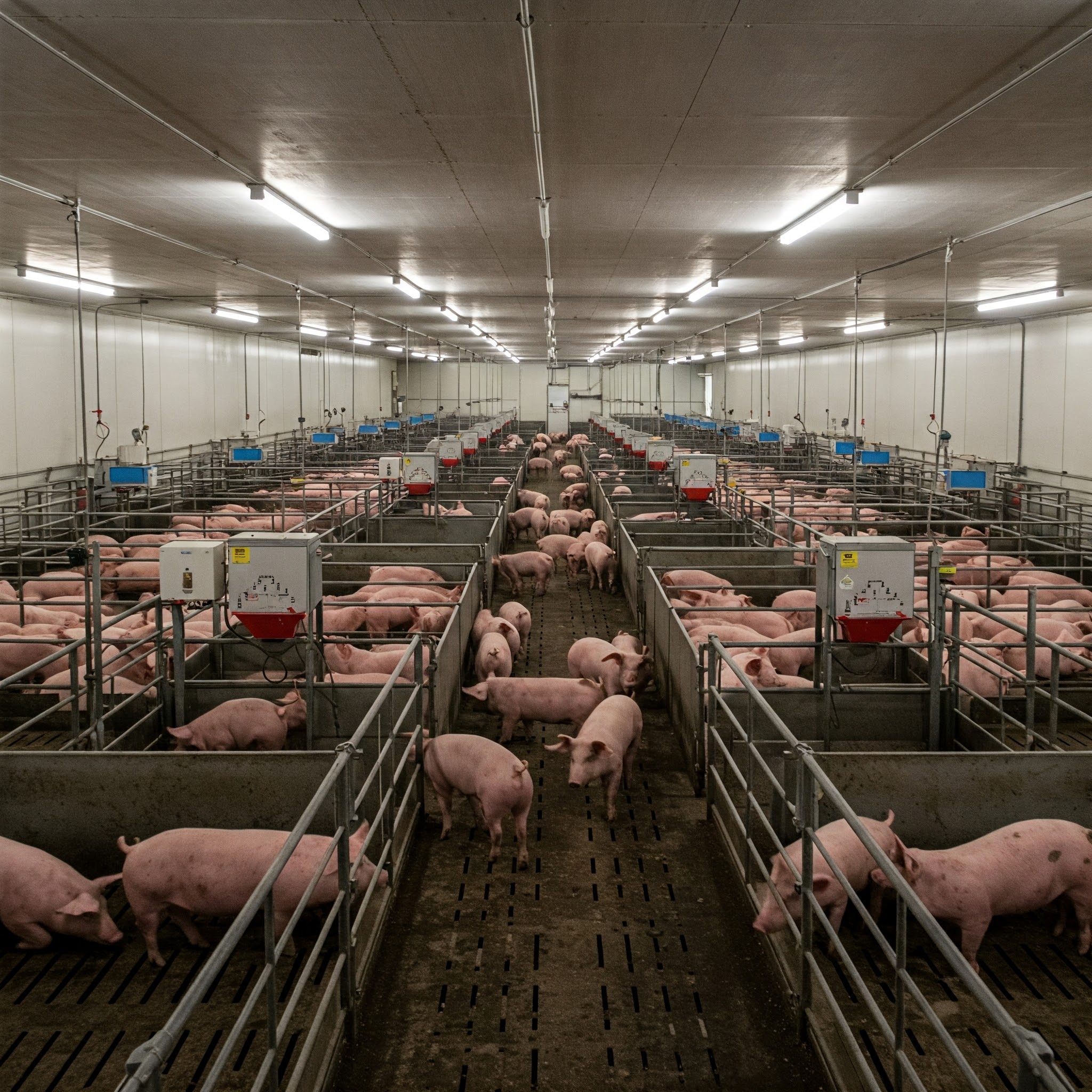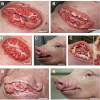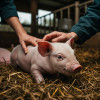
Recent Trends in the Pig Industry
Recent Trends in the Pig Industry
The pig industry has faced several challenges and opportunities in recent years, driven by evolving consumer demands, technological advancements, and regulatory changes.
1. Rising Global Demand for Pork
Pork remains one of the most widely consumed meats globally, particularly in Asia, where countries like China are major consumers. However, shifting dietary preferences, especially in Western countries, are pushing the industry to innovate. This demand is met with more efficient production methods, larger-scale operations, and international trade.
2. Technology in Pig Farming
The industry has seen a shift towards more sustainable and efficient farming practices. Technologies such as precision farming, automated feeding systems, and data analytics are helping farmers increase productivity and reduce costs. This technological integration is also aimed at improving animal welfare by providing more consistent care and optimizing health management.
3. Disease Management
African Swine Fever (ASF) has caused significant disruptions, particularly in China, leading to a decrease in the global pig population. The industry has invested heavily in research to find solutions to such diseases, with vaccination programs and biosecurity measures becoming a top priority to prevent further outbreaks.
4. Sustainability and Environmental Impact
Sustainability is becoming increasingly important, as environmental concerns rise. The pig industry is under pressure to reduce its carbon footprint and improve waste management. Some producers are turning to alternative feed sources, including insect protein, and are implementing circular farming practices.
5. Ethical and Welfare Standards
Animal welfare has become a major focus. Consumers are more conscious of how animals are raised, leading to a rise in demand for ethically produced pork, such as free-range or certified humane options. This is influencing farming practices and regulations.
6. Shift in Consumer Preferences
There is growing demand for plant-based alternatives to pork. While these alternatives are still niche, the trend towards plant-based foods is shaping market dynamics and creating a competitive landscape within the meat industry. Plant-based pork alternatives are being developed with the aim of replicating the taste and texture of traditional pork.




